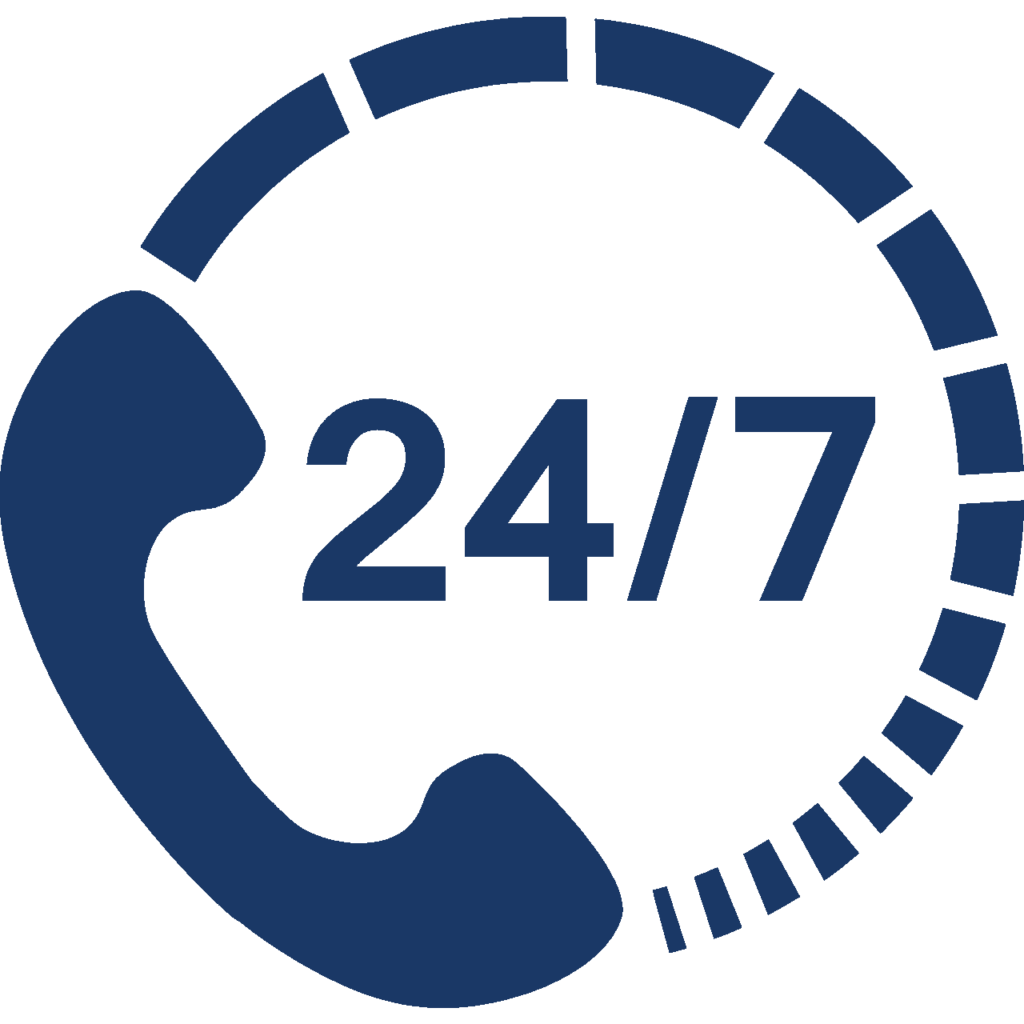Endometriosis and Long-Term Disability Benefits in Canada
Endometriosis is a chronic and often painful condition that affects millions of people worldwide. The Society of Obstetricians and Gynaecologists of Canada reports that around 1 million people are affected by the condition across the country.
For individuals with endometriosis whose symptoms significantly impact their ability to work, seeking long-term disability (LTD) benefits can provide essential financial support. However, navigating the LTD claims process can be complex, and denials are not uncommon. Understanding endometriosis, its impact on employment, LTD coverage considerations, and steps to address benefit denials is crucial for individuals facing these challenges.
At Preszler Injury Lawyers, our long-term disability lawyers help clients dealing with endometriosis legal support while they seek LTD benefits. Whether you’re filing an initial application or your benefits have been denied, we can help. To get started with your claim or appeal today, schedule a free consultation.
Understanding Endometriosis
Endometriosis occurs when tissue similar to the lining of the uterus (endometrium) grows outside the uterus, commonly on the ovaries, fallopian tubes, and pelvic lining. This abnormal growth can cause inflammation, scarring, and adhesions, leading to severe pelvic pain, infertility, and other debilitating symptoms.
Endometriosis is a condition that primarily affects individuals assigned female at birth, typically during their reproductive years. The most common symptoms of endometriosis include:
- Pelvic Pain: Chronic pelvic pain is a hallmark symptom, often worsening during menstruation or sexual intercourse.
- Menstrual Irregularities: Heavy periods (menorrhagia), irregular cycles, and premenstrual symptoms are common.
- Infertility: Endometriosis can lead to fertility challenges due to adhesions and scar tissue affecting reproductive organs.
- Gastrointestinal and Urinary Symptoms: Bowel and bladder issues such as diarrhea, constipation, painful urination, and bloating may occur.
- Fatigue and Impact on Quality of Life: Chronic pain and associated symptoms can lead to fatigue, mood changes, anxiety, and depression, significantly impacting daily life and work capacity.
Endometriosis and Long-Term Disability
The disabling symptoms of endometriosis can interfere significantly with work-related activities, productivity, and attendance. Individuals with severe pain, fatigue, and associated complications may find it challenging to maintain employment or perform job duties consistently. LTD benefits can offer financial assistance to cover lost income during periods of disability caused by endometriosis, ensuring financial stability and access to necessary medical care.
Is Endometriosis Covered by my LTD Policy?
Whether endometriosis is covered by your LTD policy depends on the specific terms and definitions outlined in your insurance contract. Most LTD policies cover disabilities that prevent individuals from performing the material duties of their occupation or any gainful occupation for which they are reasonably suited based on education, training, and experience.
To support your endometriosis disability claim, you will typically need:
- Medical Documentation: Detailed medical records, diagnosis confirmation, treatment history, and reports from healthcare providers documenting the severity of symptoms, functional limitations, and anticipated prognosis.
- Functional Assessments: Assessments from medical professionals or vocational experts outlining how endometriosis symptoms impact your ability to work, including physical limitations, cognitive challenges, and emotional well-being.
- Supporting Statements: Statements from treating physicians or specialists describing the nature and extent of your disability, treatment modalities, and recommendations for accommodations or restrictions at work.
Can My Disability Benefits Be Denied?
Disability benefit denials for endometriosis can occur due to various reasons, including:
- Insufficient Medical Evidence: Inadequate documentation of the severity of symptoms, functional impairments, and treatment history.
- Changes in “Total Disability” Definitions: Differences between “own occupation” and “any occupation” definitions in LTD policies may result in denials or revocations.
- Independent Medical Exams (IMEs): Insurance companies may request IMEs by their chosen healthcare professionals. Depending on the findings of an IME, your benefits may be denied or revoked.
- Policy Limitations or Exclusions: Some policies may exclude certain conditions or limit coverage based on specific criteria.
When your LTD benefits for endometriosis are denied, you have legal options available to you. With the help of a long-term disability lawyer well-versed in claims for endometriosis, you can pursue an appeal against your insurance provider. This process typically includes gathering additional evidence to address issues highlighted in the denial letter you received. A legal professional will help you compile and present evidence in a compelling way to help you pursue the benefits you need.
LTD Benefits for Endometriosis Denied? Contact Our Long-Term Disability Lawyers Now
Seeking legal assistance is crucial when challenging LTD benefit denials. A disability lawyer at Preszler Injury Lawyers can review your case, navigate complex legal processes, and advocate for your rights to obtain the benefits you deserve for your endometriosis-related disability.
Contact our law firm today to discuss your case and take the necessary steps towards securing your LTD benefits.

